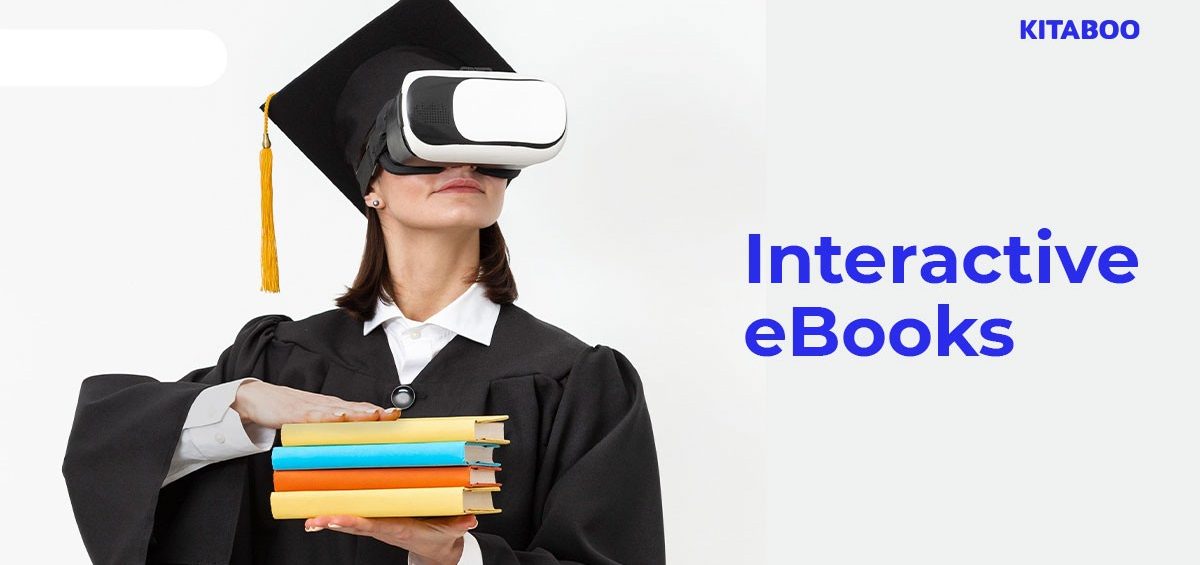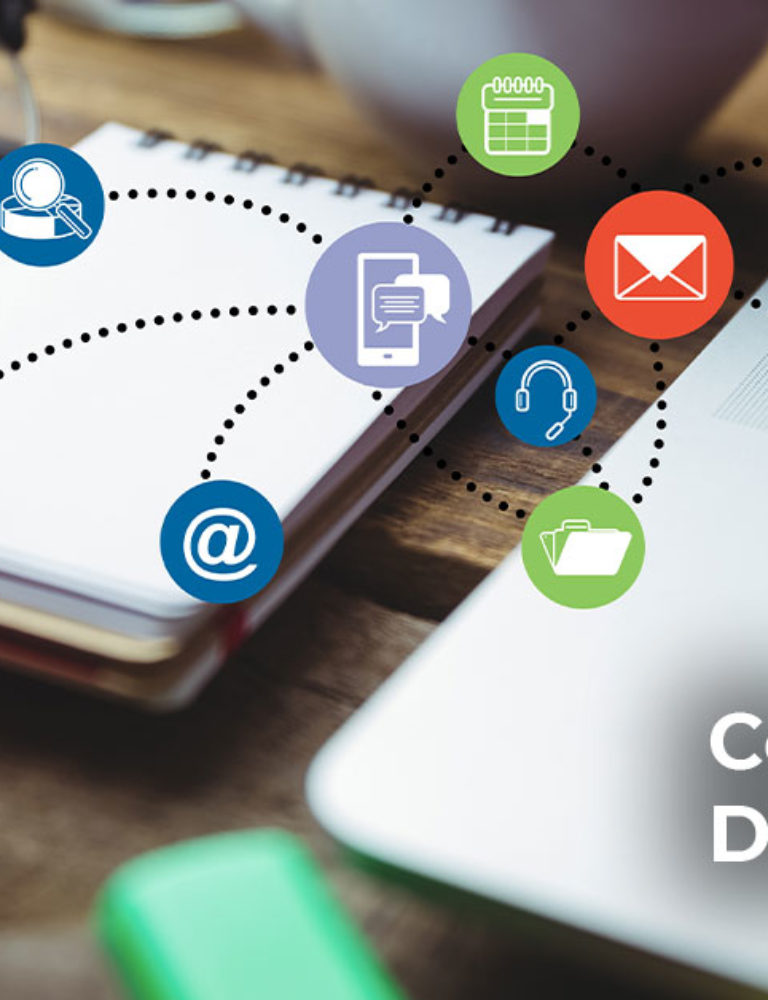In the past three years, we have experienced a major shift in the methods used to impart education around the world. Education, as we know, is no longer bound to a specific location.
Possibly the only good thing to come out of the COVID-19 pandemic was its role in acting as a catalyst to thrust the education sector into the digital era.
In the coming years, we are going to see new tech being adopted into the education industry. This will require various new types of digital content in education and robust publisher software to help create them.
That being said, let’s look at how technology could change the educational sector in 2024 and beyond.
Personalized Self-Paced Learning
Personalized self-paced learning is a method that relies on interactive digital content or video instructions which gives learners the freedom and flexibility to choose the pace and duration of their studies.
We all lead busy lives. Parents do not have the luxury of time to sit with their children for hours on end and help them with their studies. Educators have to focus on other aspects of the job as well, such as preparing lesson plans, grading tests, and so on. Instructors teach a huge number of students per class, which makes providing individual attention to each one close to impossible.
This is where personalized, self-paced learning can make a huge difference. It allows learners who have busy schedules and different rates of grasping concepts to study at a pace that suits them, easily through technology.
AI-Driven Online Assessments
AI is something we are predicting can take the education sector by storm in 2024 and beyond, especially when it comes to assessments.
When educators grade papers, they don’t always have the luxury of time to provide each student with personalized feedback and tips on how to improve.
AI-driven online assessments can solve this problem. AI-driven assessments will not only be faster and more accurate at grading but can also provide personalized feedback. This can help educators shift their focus to those individual students who need customized help. They can even provide these students with extra learning materials that can help them improve their scores.
Quick online assessments can also benefit students with shorter attention spans, allowing them to test their knowledge and understanding, every step of the way. These short assessments help students finish a test without getting distracted. In addition, AI can detect cheating and plagiarism by comparing answers against individual students who attended the assessment and over the web.
AI-Driven Chatbots to Answer Student Queries
Going forward, we can expect chatbots to be used to help students with homework, learning new skills, and even college applications.
Parents and educators, even the most experienced ones, don’t always have all the answers to the questions learners ask. Chatbots have quicker access to far more information than humans do. This can help answer a learner’s questions more effectively.
In addition, AI could also be used to detect the subject areas where the learner lacks knowledge or comprehension. This information, when shared with an educator, can help enhance the learning process.
Further, chatbots can give students access to information anytime and anywhere without having to wait for the educator to be available.
Infusion of Audiobooks in the Curriculum
The technology for audiobooks has been around since the 1800s with the invention of the phonograph by Thomas Edison. At the time due to technical restraints, audiobooks took a while to take the form we know today. In 2024, we expect to see audiobooks taking center stage in the education sector, especially to help visually impaired students.
Yet, the benefits of audiobooks don’t just end there; many students, who may not have visual impairments, find it easier to or retain information by listening as opposed to reading. Audiobooks can be used in a variety of ways to both learn and teach. In addition, they allow students to also listen to learning material while doing other tasks.
Audiobooks can also benefit students from weaker sections of society who may not have access to print materials or other means of digital content in education.
Nano-Learning
Nano-learning is a brand new, innovative idea that we predict will be a game changer in the EdTech sector in 2024.
With nano-learning, we will see learners gaining access to quick, short classes focused on specific topics within a larger subject. This could help learners crystalize their understanding of niche subject areas.
Nano-learning need not be limited just to the act of learning; it could also apply to educators who use the same concept to assess students quickly, giving them personalized, focussed feedback on specific topics.
This type of learning methodology can benefit both learners and educators by focussing their efforts on areas that need it the most.
Virtual Reality
In recent years, there has been a rapid increase in the use of VR technology across sectors, including business, science, and entertainment. VR technology has become affordable enough to be integrated into the education sector as well.
The impact of VR on students’ knowledge retention has been studied extensively over the last few years. In fact, one such study found that students who were exposed to virtual environments had better recall of information than those who were not. This is especially useful in the tertiary education space.
Another way that we see VR being used in education is through gamification. Gamification of concepts helps students learn while they’re having fun; making them more receptive to studying on the whole.
Summing It Up
As we see more and more digital content in education being created and used, the ways in which we choose to consume this content are also evolving. Technology has reached a point where digital content can easily be created and shared by educators via good publisher software. In the near future, we’re going to see a lot of interesting changes in the education sector and many of these are going to be game-changers.
If you, as an educator or educational content creator, are looking for a robust digital publishing platform to enhance the impact of technology in your educational material, then consider KITABOO.
KITABOO is a digital publishing platform that allows you to upload, convert, enhance, publish and distribute educational content with ease. The platform can also be used to distribute mobile-ready eBooks.
What’s more is that any content published through KITABOO is encrypted and DRM-protected, thus preventing your intellectual property from being misused.
To know more, write to us at KITABOO@hurix.com
Suggested Reads:
Discover How An Ebook Conversion, Publishing & Distribution Platform Can Help You
Kitaboo is a cloud-based content platform to create-publish & securely distribute interactive mobile-ready ebooks.
You May Also Like







